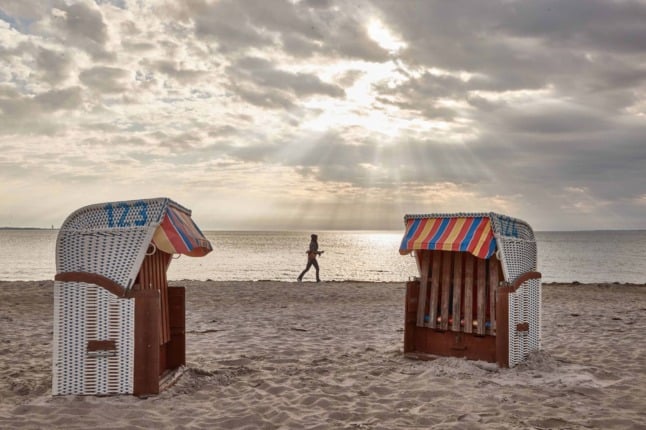Christian Albrecht Barschel, 27, and Hauke Daene, 26, began playing on Friday afternoon in the town of Mölln in the German state of Schleswig-Holstein.
The pair set previous tennis world records in 2003 and 2004.
Barschel, son of the late German politician Uwe Barschel, former minister-president of Schleswig-Holstein, told German news agency DDP the new record was “much more difficult” than his previous efforts.
Though the record is as yet unofficial, Barschel said he expects Guinness World Records to recognize it.
Saturday’s record would surpass a 30-hour match last weekend between two Swiss players in the run-up to the Stuttgart Cup.
The match between Barschel and Daene raised funds for German brain tumor care organizations.



 Please whitelist us to continue reading.
Please whitelist us to continue reading.